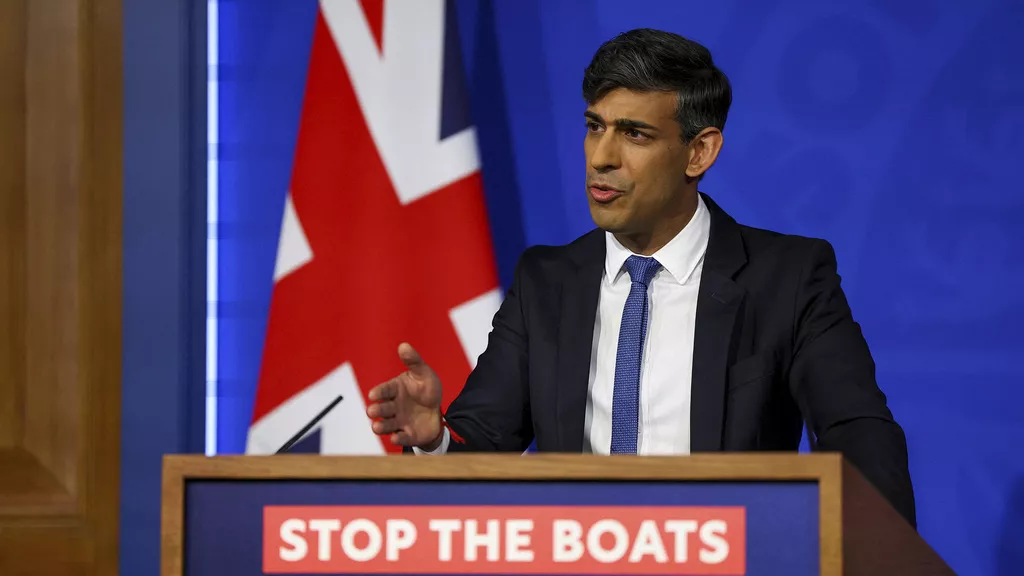In a significant development, Rwanda’s government expresses satisfaction with the UK’s passing of a bill permitting the deportation of irregular asylum seekers to the African nation. The UK Prime Minister, Rishi Sunak, announces plans to commence deportation flights to Rwanda in the coming weeks, affirming readiness for implementation. Rwandan government spokesperson, Yolande Makolo, echoe.s this sentiment, stating Kigali’s pleasure in the decision, anticipating the relocation of successful asylum seekers to Rwanda.
However, the UN High Commissioner for Refugees, Filippo Grandi, and United Nations High Commissioner for Human Rights, Volker Türk, criticize the move, cautioning against the establishment of a “dangerous precedent.” Notably, opposition parties like the United Democratic Forces of Rwanda (UDF) and human rights organizations voice concerns about the bill. While some anticipate economic benefits, citing UK payments to Rwanda over five years, others worry about potential job shortages.
The Rwanda bill originated in 2022 under former UK Prime Minister Boris Johnson’s tenure, continuing through subsequent administrations. It forms part of the UK’s post-Brexit immigration strategy, notably incorporated into Prime Minister Sunak’s “Stop the Boats” policy to deter irregular migrant arrivals via northern European routes. Despite the bill’s intent to curb irregular migration, the number of arrivals on UK shores has surged, with over 6,250 arrivals by boat reported this year alone.
Legal challenges delayed the bill’s enactment, with the Supreme Court ruling Rwanda unsafe for asylum seekers last year. Subsequently, the bill underwent revisions in both houses of parliament, reflecting the government’s original objectives. The timing of the bill’s passing coincides with upcoming UK general elections, with polls indicating likely Conservative Party defeat.
Rwanda, under President Paul Kagame’s leadership, faces scrutiny over its political landscape and human rights record. While the country projects stability and economic progress, concerns persist regarding political opposition suppression and media freedom. Despite strides in economic development, challenges remain, including poverty rates and private investment constraints. Rwanda’s refugee policy, marked by hosting refugees with freedom of movement but facing rights issues, serves both humanitarian and political purposes, positioning the country on the global stage.


